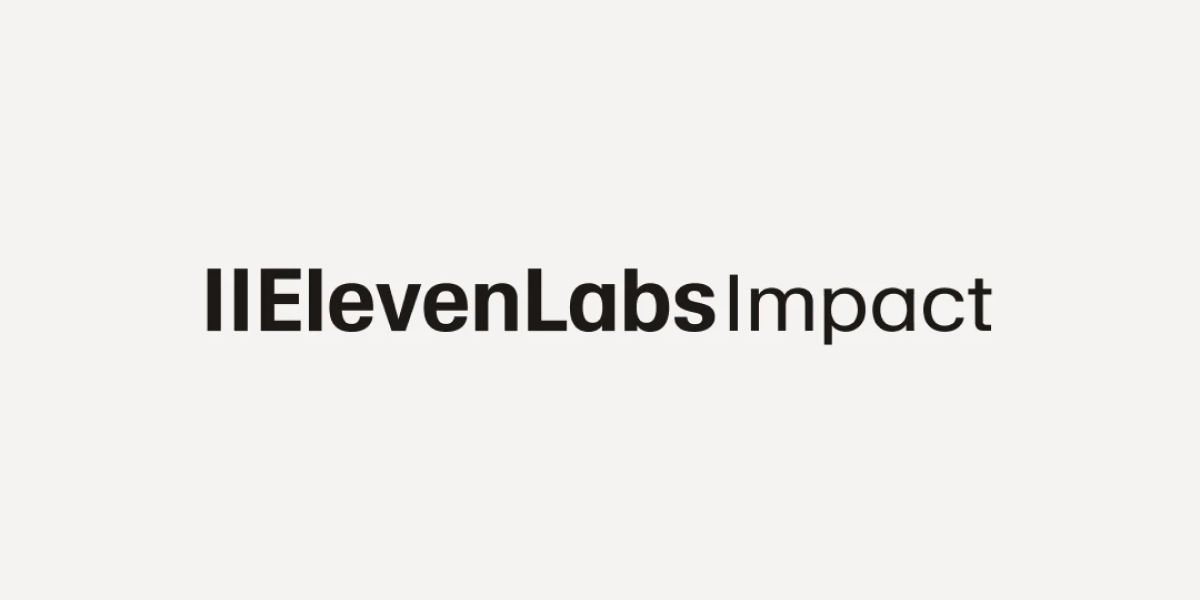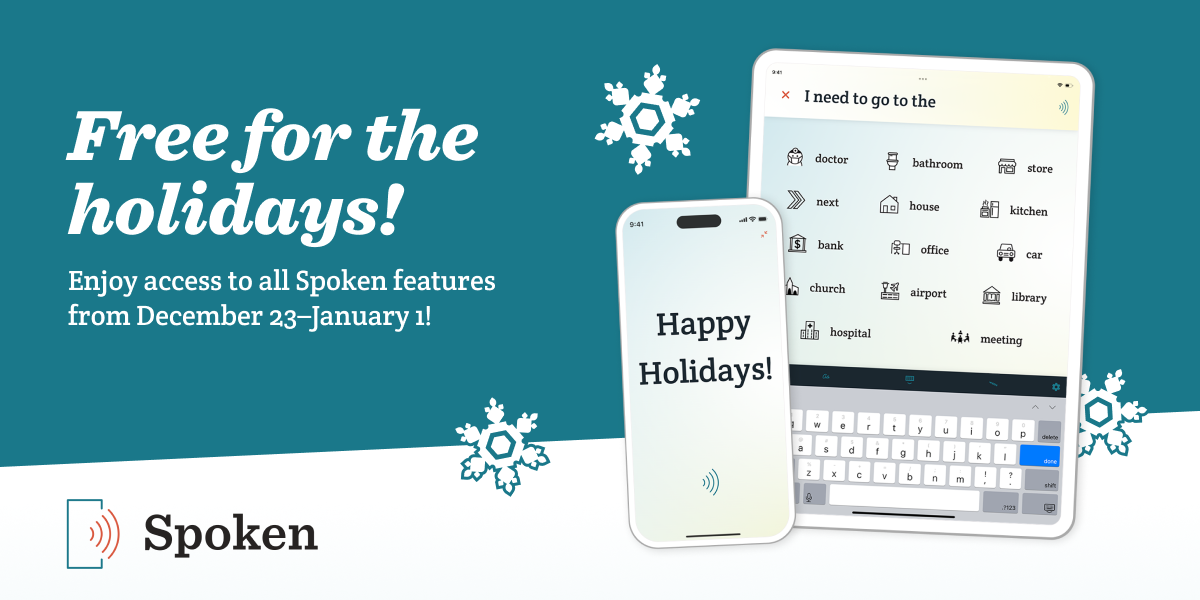Communication Experiments, a Nonspeaking Opera Singer, and AAC on Disney+ (Spoken Roundup #18)

Welcome to Spoken’s roundup, where we highlight the month’s top stories about assistive communication tech, aphasia, nonspeaking autism, and other speech and language challenges. Have a look through the stories below if you’re an SLP, AAC user, or just fascinated by any of these topics — there’s definitely something here that will pique your interest.
Technology and Communication
Speaking Without Vocal Cords, Thanks to a New AI-Assisted Wearable Device
Bioengineers at UCLA have developed a fascinating new type of AAC — an adhesive neck patch that translates laryngeal muscle movements into audible speech. Could this flexible, non-invasive device be the first step in a new direction for augmentative and alternative communication? To be honest, only time will tell. For now, you can learn how this new technology works and find out what’s next for its development here.
Using Large Language Models To Accelerate Communication for Eye Gaze Typing Users With ALS
A recent study published in Nature Communications showcased SpeakFaster, an AI-powered AAC system that expands abbreviated text into full sentences. Users can type the first letter of each word in a sentence and AI will expand it into the full phrase using the context of the broader conversation. For example, if the user’s communication partner asks “Where is the dog?” and the user types “ishpitb,” the AI might resolve it as “I saw him playing in the backyard.” This feature has serious potential to speed up communication with an AAC device, which is notoriously slow-paced. Moreover, the study showed that it helps alleviate the physical and cognitive demands of communication for individuals with severe motor impairments. We’re thrilled to see this kind of research, which pushes the boundaries of AAC technology with the goal of improving efficiency.
Can a Synthetic Voice Be Taught to Sing Opera?
The Other Side of Silence is a groundbreaking opera featuring a nonspeaking protagonist, performed by Mark Steidl, an AAC user with cerebral palsy. To empower Steidl to perform, a synthetic, operatic voice was specially created for him. It’s inspiring to see how technology is being used to expand accessibility and representation in the arts. The Other Side of Silence challenges traditional notions of performance and demonstrates how inclusivity can enrich creative expression. Check out the New York Times article to learn more about the project.
Speech Spotlight
Phoebe-Rae Taylor Brings Real Life to Out of My Mind
The film adaptation of Sharon M. Draper’s award-winning novel Out of My Mind is now streaming on Disney+. The story centers on Melody Brooks, an 11-year-old with cerebral palsy who has recently started using an AAC device. Check out this article for a behind-the-scenes look at how the adaptation came to be.
We’re excited to see AAC play a role in a film that spotlights the strength and intelligence of nonspeaking individuals, especially on a massive platform like Disney+. Out of My Mind not only highlights the importance of accessible communication but also showcases the value of inclusivity, both on-screen and on-set.
In February, we covered an interview with the breakout star of the film, Phoebe-Rae Taylor, after the premiere at Sundance film festival. Be sure to check that out too!
Dr. Lateef McLeod on “How Ableism Impacts People Who Use AAC”
Communication FIRST recently shared a powerful presentation by Dr. Lateef McLeod from this year’s Future of AAC Research Summit. The presentation addresses how ableism shapes the experiences of people who use AAC. As a poet, scholar, and AAC user himself, Dr. McLeod delivered an eloquent explanation of the barriers created by biases like “speechism,” the unfair preference for oral communication. His call for systemic change emphasizes the importance of centering AAC users in technology development and policy-making.
At Spoken, we wholeheartedly echo Dr. McLeod’s advocacy and strongly suggest watching his presentation or reading the transcript on Communication FIRST’s website.
Thanks for reading! The stories don’t stop there — just check out last month’s roundup for more!
About Spoken
Spoken is an app that helps people with aphasia, nonverbal autism, and other speech and language disorders.


